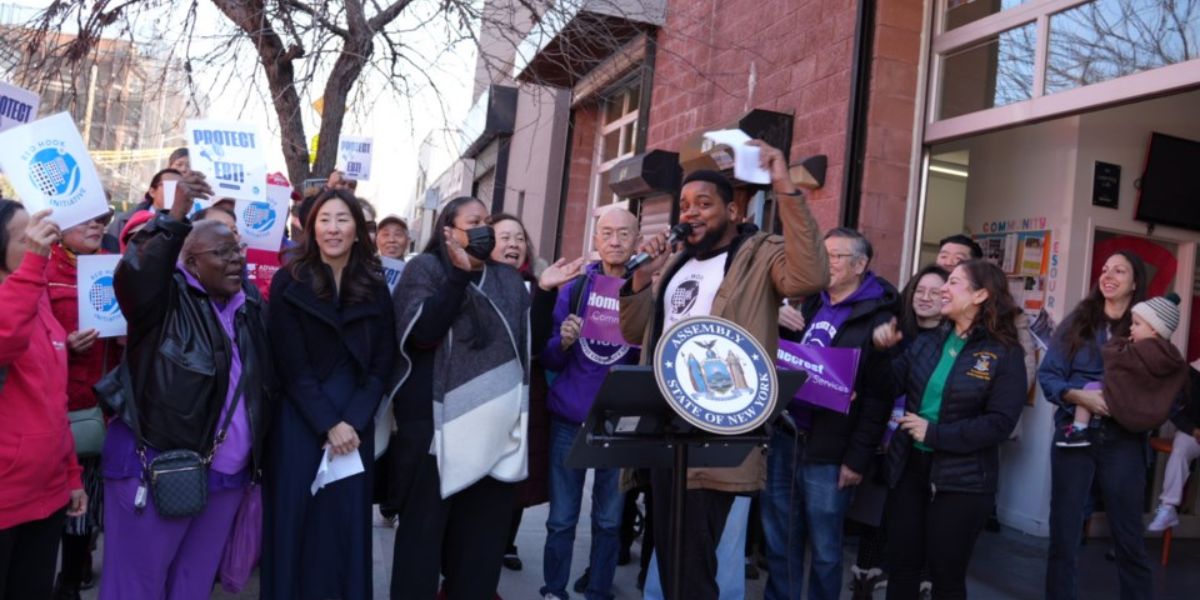In New York City, the dream of homeownership can feel like an unshakable milestone, especially for those who have purchased or lived in co-op units for many years.
However, recent developments are threatening to turn this dream into a nightmare for some tenants.
For residents of co-ops with ground leases, the issue of rising rent and potential displacement is becoming a growing concern.
If you’re a co-op tenant in NYC, here’s what you need to know about unfair rent hikes and how to protect your home.
What Are Ground Leases?
Ground leases are long-term agreements between a landowner and the owner of the property built on the land. In many co-op buildings, the co-op corporation does not own the land itself; instead, they lease it from a landlord for a set number of years—sometimes decades. The tenants within the co-op own shares in the corporation, which entitles them to live in their individual units. The lease on the land is a crucial part of their living situation. When the ground lease comes up for renewal, rent on the land can increase, often significantly, which can have a direct impact on monthly maintenance fees or rent paid by the tenants.
How Rent Hikes Impact Co-Op Tenants
In recent years, many ground lease renewals have resulted in sharp increases in rent, leading to skyrocketing maintenance costs for tenants. These hikes can put homeowners at risk of being priced out of their units, even though they may have owned their apartments for years. The lease terms may allow landlords to adjust ground lease payments to market value, which could lead to steep rent hikes that some co-op residents can’t afford.
For example, in some areas of NYC, tenants are seeing rent increases by tens of thousands of dollars per year, a financial burden many simply cannot bear. As a result, some co-op tenants are faced with the possibility of having to sell their homes or leave the city altogether, despite having invested time, money, and effort into maintaining their properties.
How to Protect Your Home from Unfair Rent Increases
While the threat of high rent hikes on ground leases is real, there are several strategies tenants can use to protect their homes and avoid financial hardship. Here are some key steps:
- Understand Your Lease Terms First and foremost, tenants should familiarize themselves with the terms of their ground lease. The lease agreement will outline how often rent can be increased, the process for renewal, and how increases will be calculated. Pay close attention to clauses that address rent adjustments based on market rates or other factors.
- Join or Form a Tenant Association Co-op tenants have more bargaining power when they join forces. Consider forming or joining a tenant association that can advocate on behalf of the group. A strong, unified group of tenants can negotiate better terms with the landlord or co-op board and may be able to avoid dramatic rent hikes or secure more favorable lease renewals.
- Negotiate Lease Terms Early If your ground lease is up for renewal soon, don’t wait until the last minute to start negotiating. Start discussions with the landlord or management company well in advance to get a sense of potential rent increases and begin negotiating the terms. In some cases, a well-prepared tenant association can negotiate a longer-term lease renewal with smaller, more manageable increases.
- Explore the Option of Purchasing the Land In some cases, co-op residents may be able to purchase the land on which their building sits, thereby eliminating the need for a ground lease altogether. While this option may not be financially viable for all tenants, it could provide long-term security. If enough residents are interested, the co-op corporation might consider organizing a purchase of the land, which could protect tenants from future rent hikes.
- Seek Legal Advice If you’re concerned about an upcoming rent hike or feel that the terms of your ground lease are unfair, it’s wise to seek legal counsel. A lawyer specializing in real estate or tenant rights can help you understand your options and may be able to negotiate on your behalf. They can also advise you on any legal protections you may have, including rent stabilization or rent control, depending on your building’s status.
- Look into Rent Stabilization Laws In some cases, rent stabilization laws may apply to co-op units, especially if they were built before 1974 and meet certain criteria. Rent stabilization protects tenants from excessive rent increases and provides a legal framework for challenging unfair hikes. Check with a local attorney or tenant advocacy group to determine if your co-op is subject to these protections.
- Contact Local Tenant Advocacy Groups Many organizations in New York City specialize in protecting tenant rights. Groups like the Metropolitan Council on Housing or TenantNet provide resources, legal assistance, and advocacy for tenants facing challenges like rent hikes due to ground lease renewals. Reaching out to these organizations can connect you with helpful tools and information to protect your home.
Conclusion
Unfair rent hikes due to ground lease renewals are a pressing issue for many NYC co-op tenants, but they don’t have to be inevitable. By understanding your lease terms, uniting with fellow tenants, negotiating early, and seeking legal counsel, you can help protect your home from unaffordable rent increases. It’s crucial to stay informed, proactive, and prepared to advocate for your rights as a tenant. With the right strategies in place, you can preserve your home and maintain control over your housing future in the face of rising costs.






